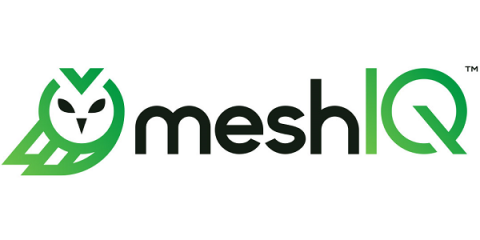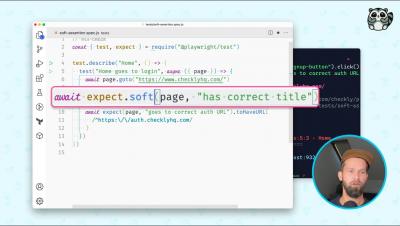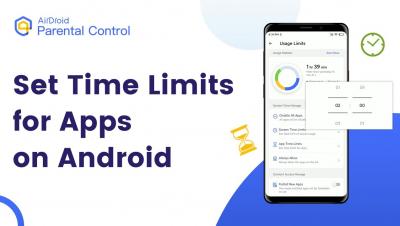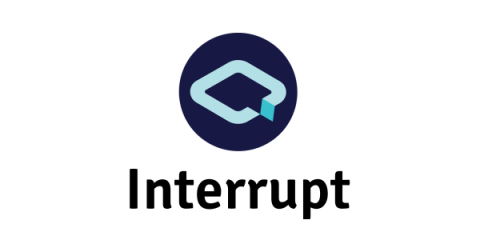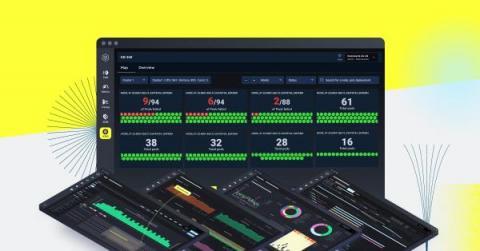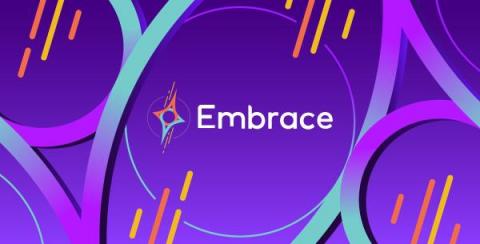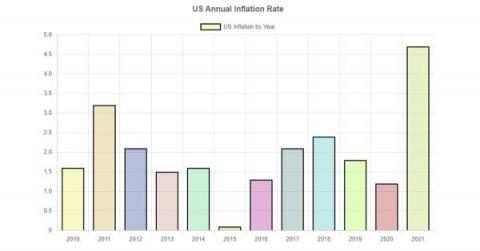What is AIOps (artificial intelligence for IT operations)?
Deploying software to support the work of an enterprise is an increasingly complex job that’s often referred to as ‘devops.’ When enterprise teams started using artificial intelligence (AI) algorithms to more efficiently and collaboratively run these operations, end users coined the term AIOps for these tasks.


